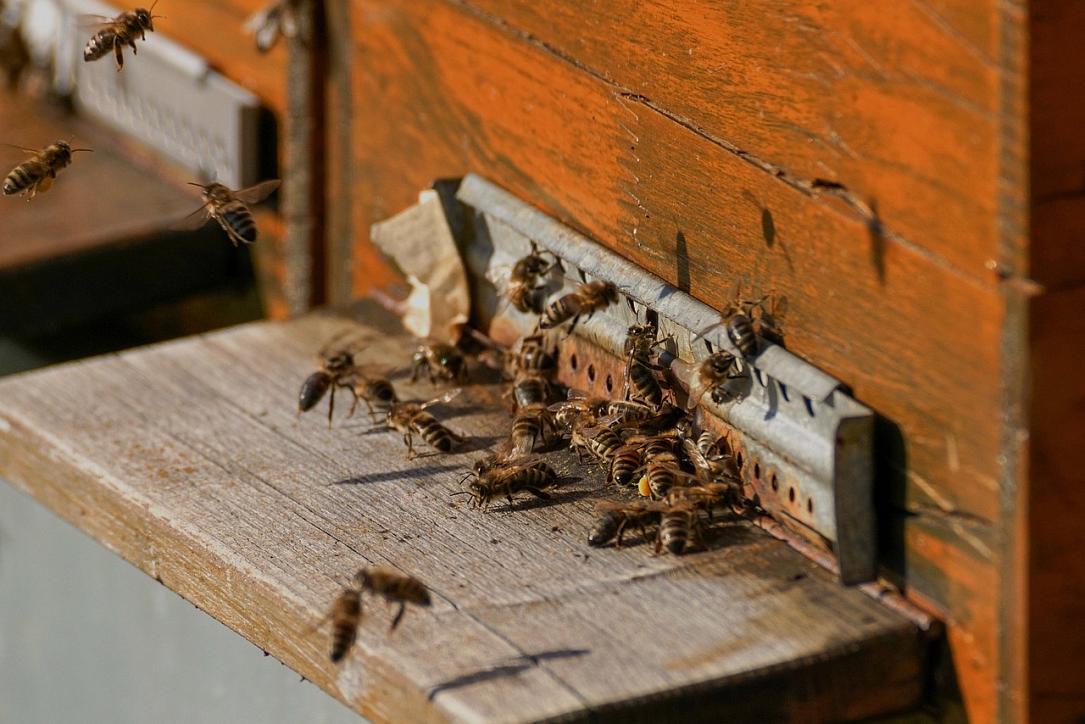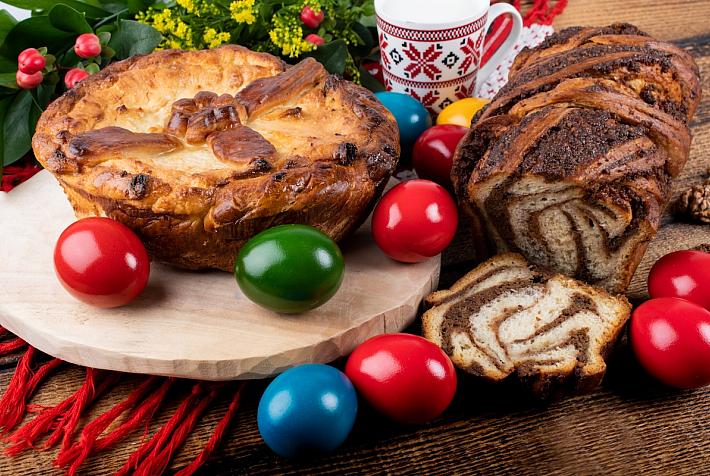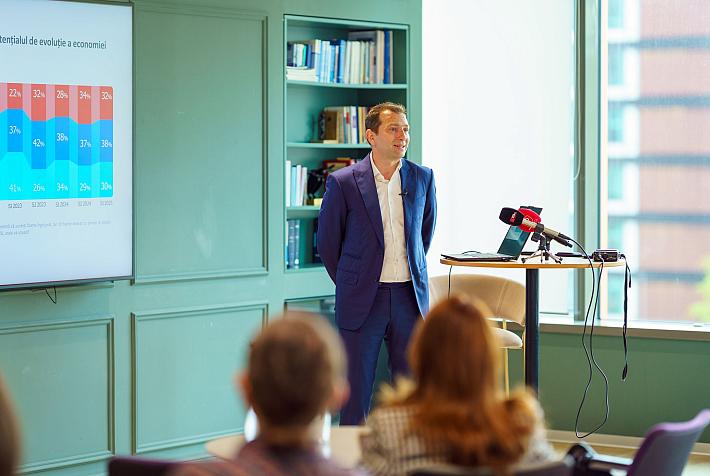Bucharest residents set up rooftop beehives

Several Bucharest residents living in the area of the Cișmigiu Park are maintaining seven beehives on the rooftop of a block on Știrbei Vodă St., Evenimentul Zilei reported.
They are a community who previously developed projects aimed at turning their neighbourhood into a cleaner area. They revived four gardens, where they planted linden and oak trees and filled the area with bird feeders. Now, they are taking care of the beehives.
They are working with a specialist, Marian Stoica, who established the Bees’ Patrol project, which deals with gathering the bee roes in Bucharest and protecting them.
The project was rolled out in stages. At first, the residents were introduced to the theoretical part of taking care of a beehive, and later the hives were brought in.
Another, more challenging part was finding the location, as people were either scared or disinterested. “We were lucky to have been received by the administrator of the building at 104 Știrbei Vodă St. Our idea was to set up the hives on the rooftop of a public institution, because such a model already exists abroad. For instance, in Paris there are beehives on top of the Garnier Opera. There used to be several at Notre Dame, and many survived the fire,” Alex Opri, who is responsible with taking care of the hives, told Evenimentul Zilei. They had talks with the Bucharest Conservatory, the Art Museum and the Opera but were turned down before finding their current location, he explained.
The aim of the project is educational, Opri says. “We want to eliminate people’s fear of bees and show them that they can co-exist with them.” The bees can live better in urban areas than in rural areas where agriculture is practiced and insecticides sprayed, he explained. At the same time, people have a constructive way to spend their free time, doing something for the neighborhood, the community.
Having honey produced is a benefit but the project initiators do not plan on selling it. The extra honey of last year was divided between the participants in the project as a Christmas gift. “Our main concern is to keep enough food for them,” he explains.
(Photo: Pixabay)
editor@romania-insider.com












